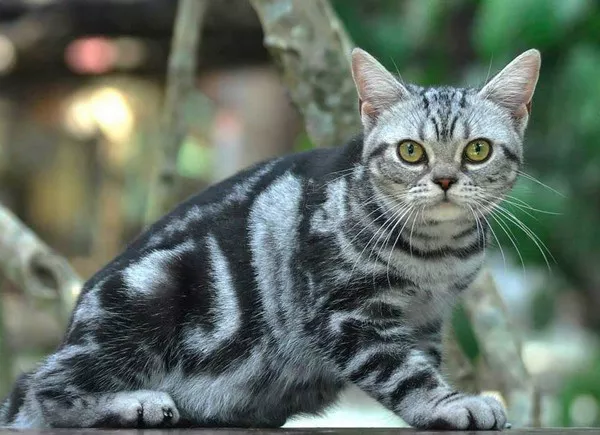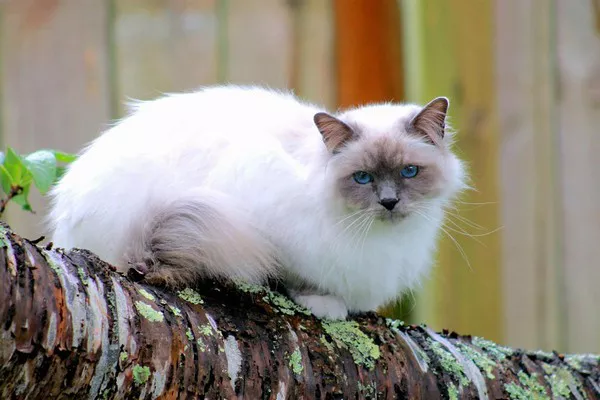In a concerning development, a domestic cat has been captured on camera within a protected area on the Yorke Peninsula, clutching native wildlife in its jaws. This region has recently become a refuge for the once locally extinct brush-tailed bettongs, raising concerns about the feline predator’s impact on the ecosystem.
Derek Sandow, an ecologist affiliated with the Northern and Yorke Landscape Board, has called upon local cat owners to take responsibility and ensure their pets do not pose a threat to the fragile ecosystem of the Yorke Peninsula.
“While it may be tempting to believe that pet cats are harmless, the grim reality is that roaming domestic cats account for the deaths of approximately 390 million mammals, birds, and reptiles each year,” Mr. Sandow emphasized. “Regrettably, the overwhelming majority of their victims are native species.”
Mr. Sandow revealed that authorities had identified the owners of the cat in question and had engaged them in a conversation about the feline’s presence in the protected area.
“In all honesty, they were somewhat taken aback by the situation and expressed some embarrassment. They have since assured us that they are responsible cat owners and will take measures to keep their cat confined,” he stated.
The Marna Banggara project, initiated in 2019, involved the construction of a 25-kilometer fence to safeguard the southern Yorke Peninsula against predatory species. Since its inception, nearly 200 brush-tailed bettongs, known as “yalgiri” to the local Narungga people, have been successfully reintroduced to the region. These marsupials, once on the brink of extinction and absent from the region for a century, are now classified as endangered.
Mr. Sandow voiced grave concerns over the potential threat posed by roaming domestic cats to the newly released yalgiri and their offspring. He cautioned that cat bells, while sometimes effective in reducing prey brought home by cats, were not a comprehensive solution, as cats quickly adapted to hunt silently.
While domestic cats are permitted in nearby residential areas, Mr. Sandow stressed that regulations must be adhered to.
“The standard South Australian dog and cat laws apply across the Yorke Peninsula, including the Marna Banggara project areas,” he explained. “These laws necessitate that pet owners have their cats sterilized, microchipped, and registered. They also require cat owners to prevent their cats from becoming a nuisance. The most effective way to ensure your cat doesn’t become a nuisance is to confine it to your property. We, as part of this project, support responsible cat ownership.”























